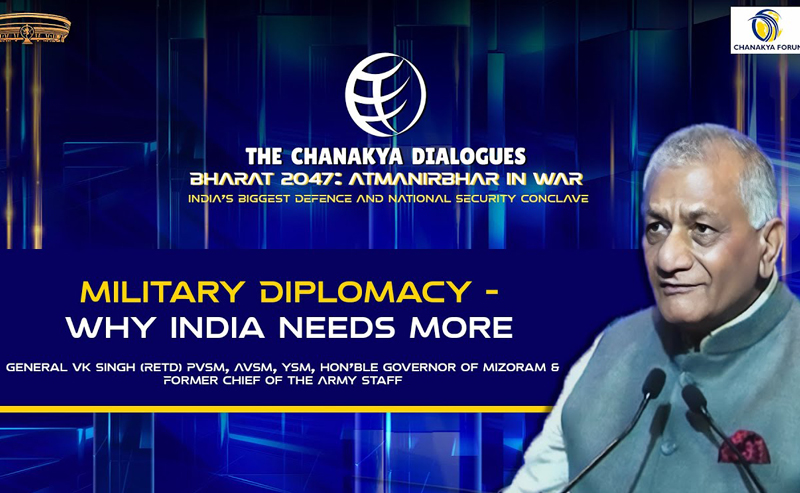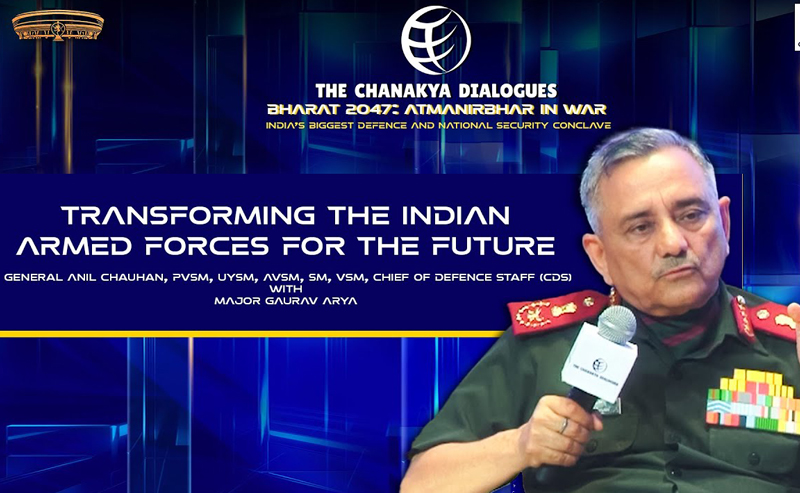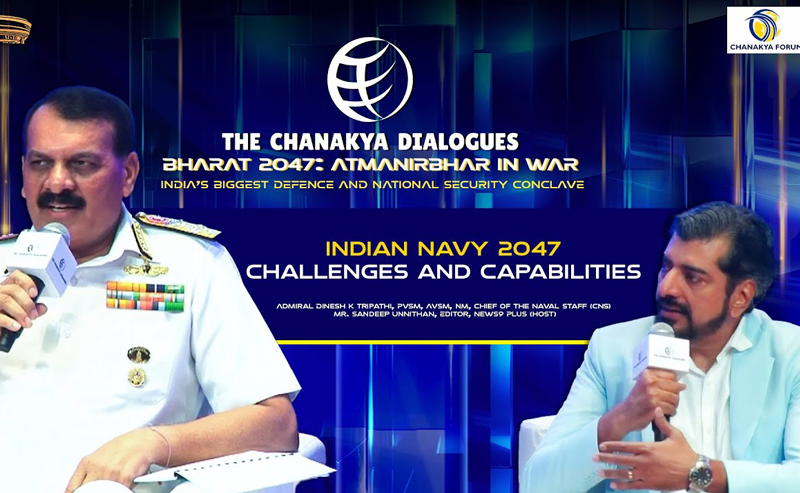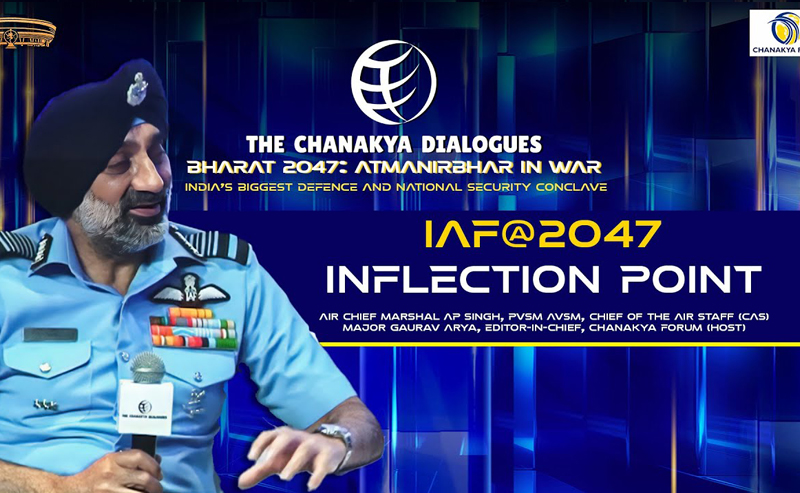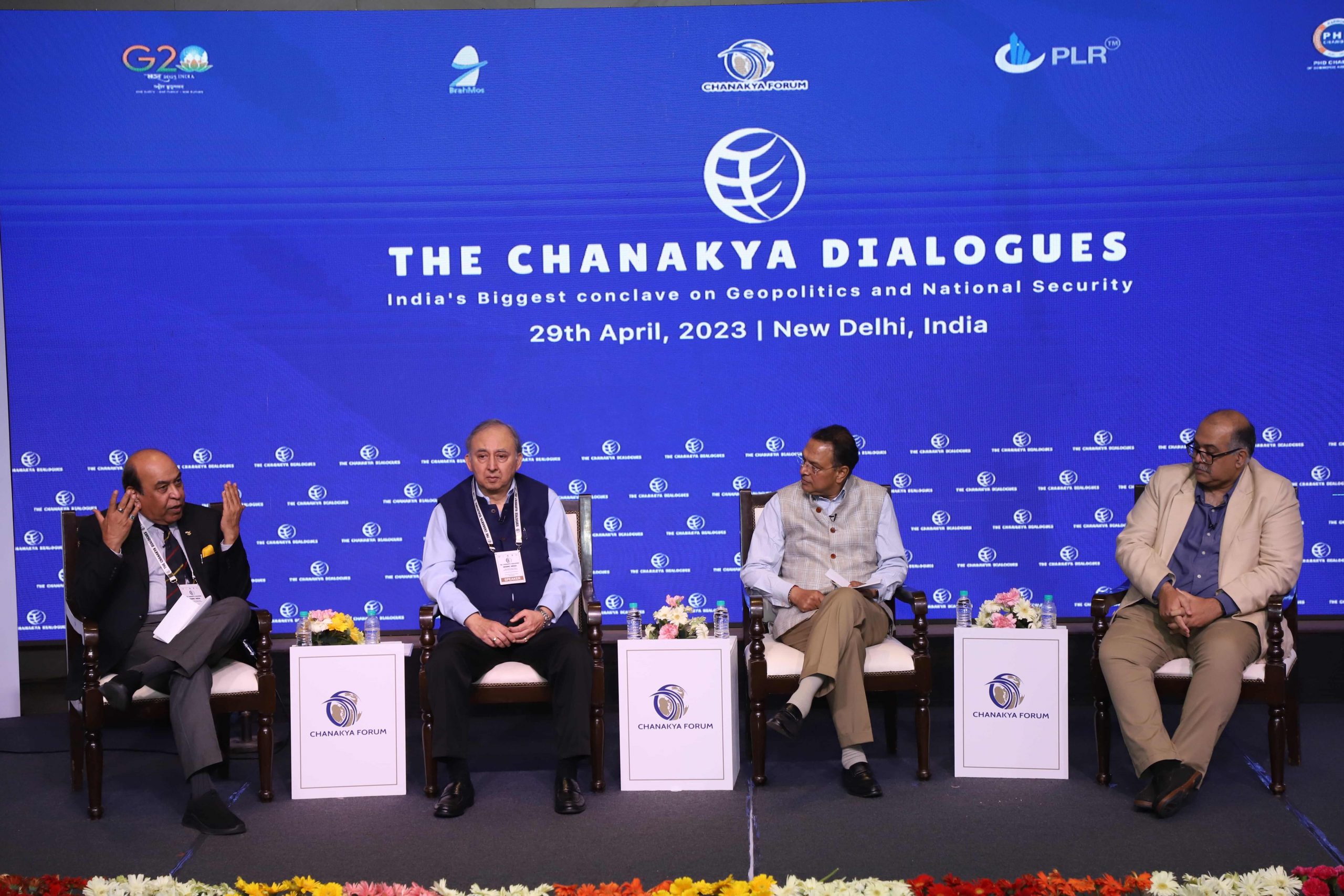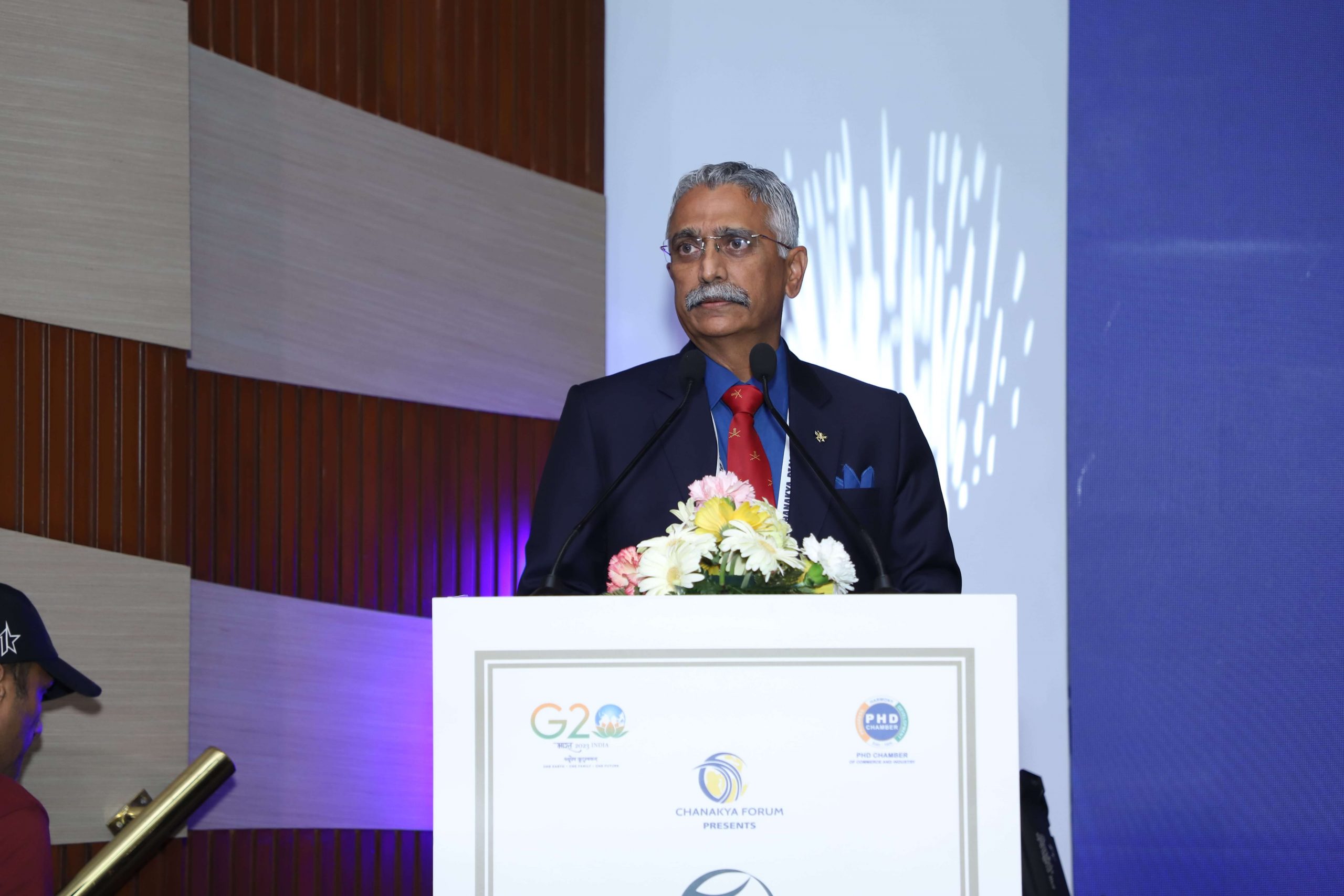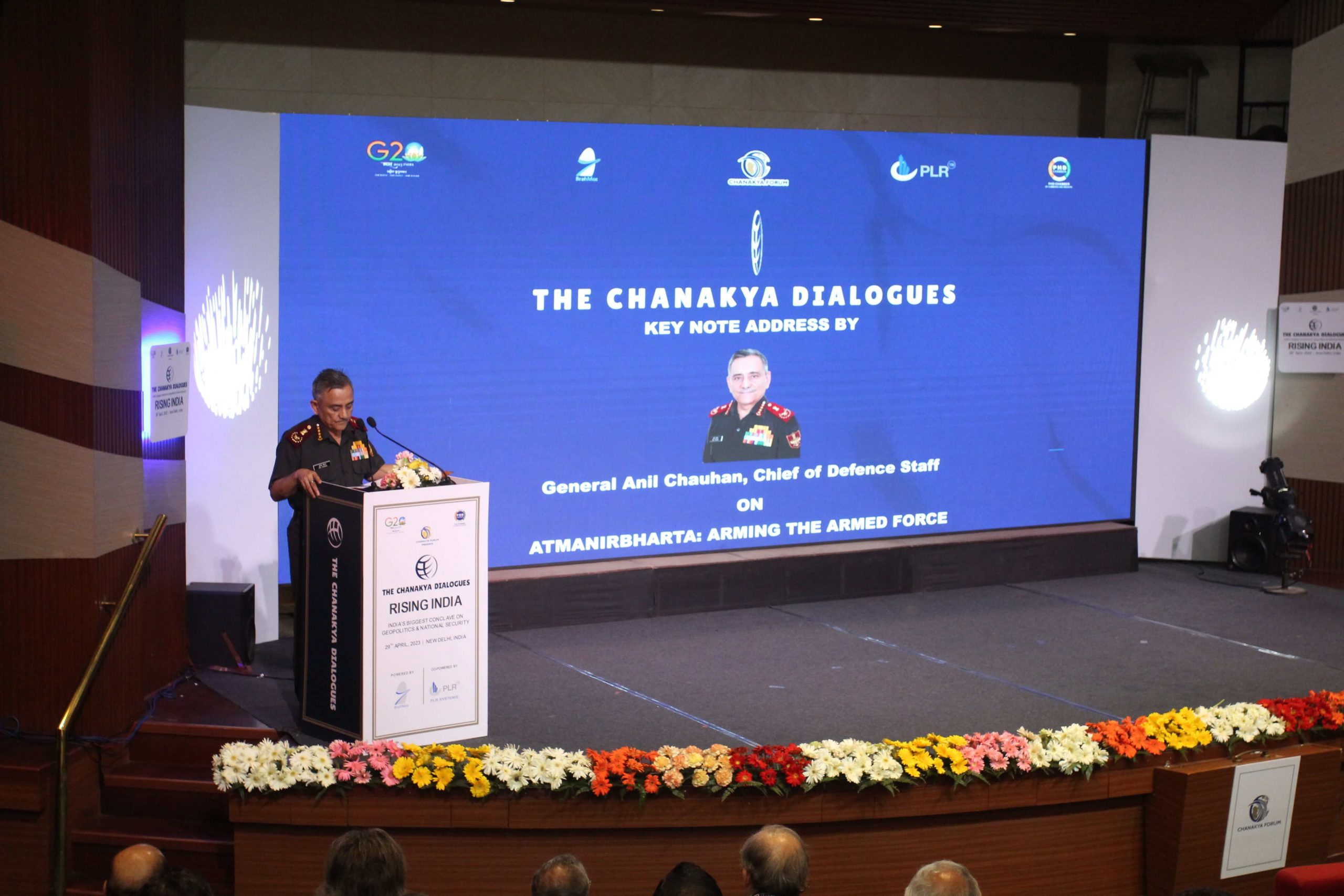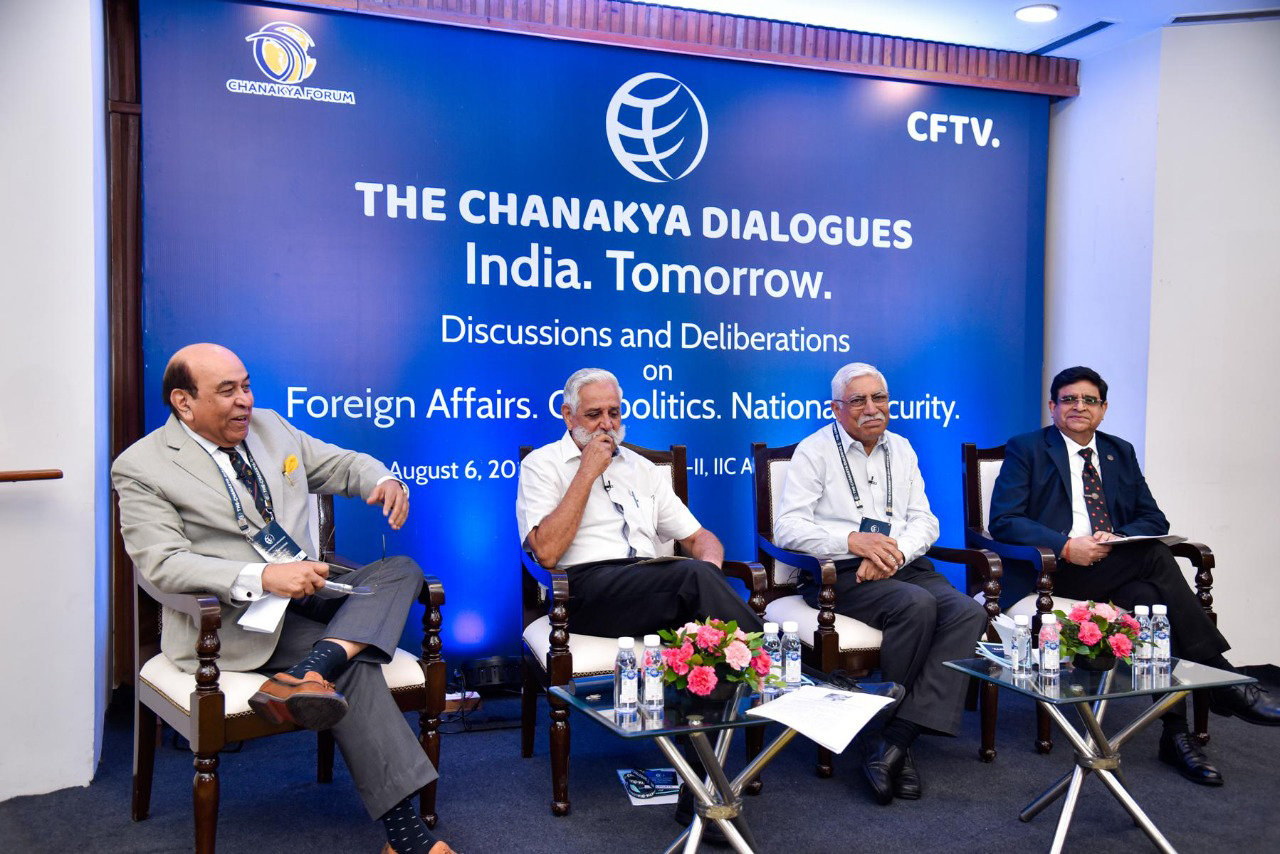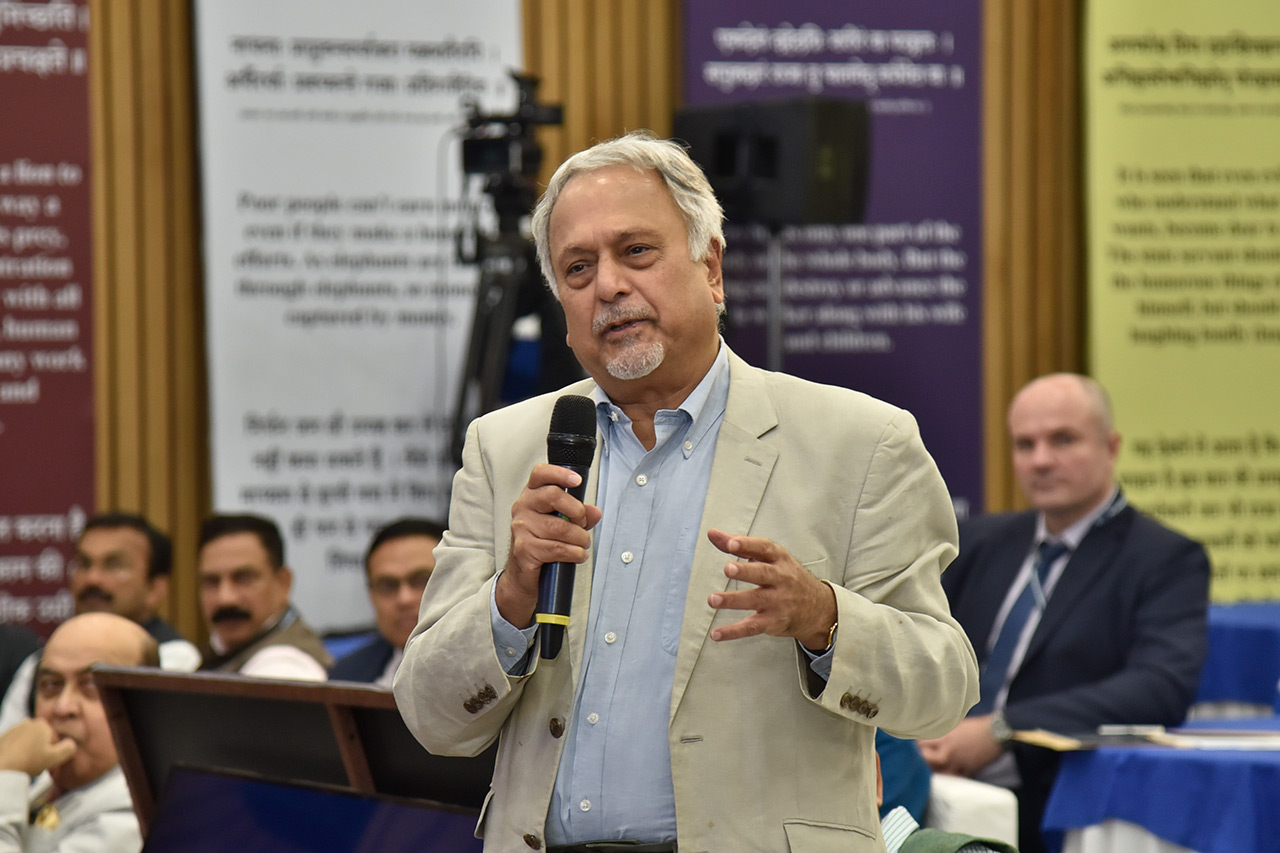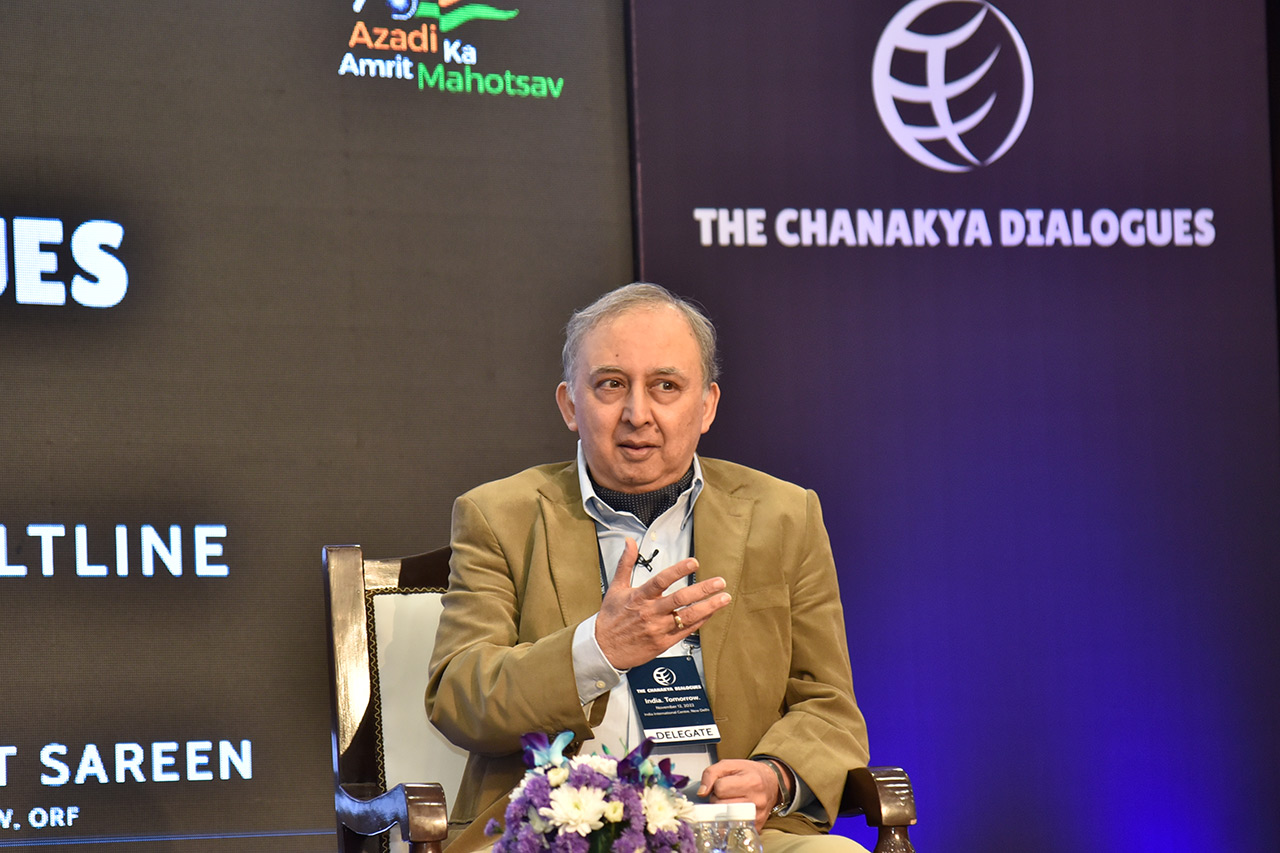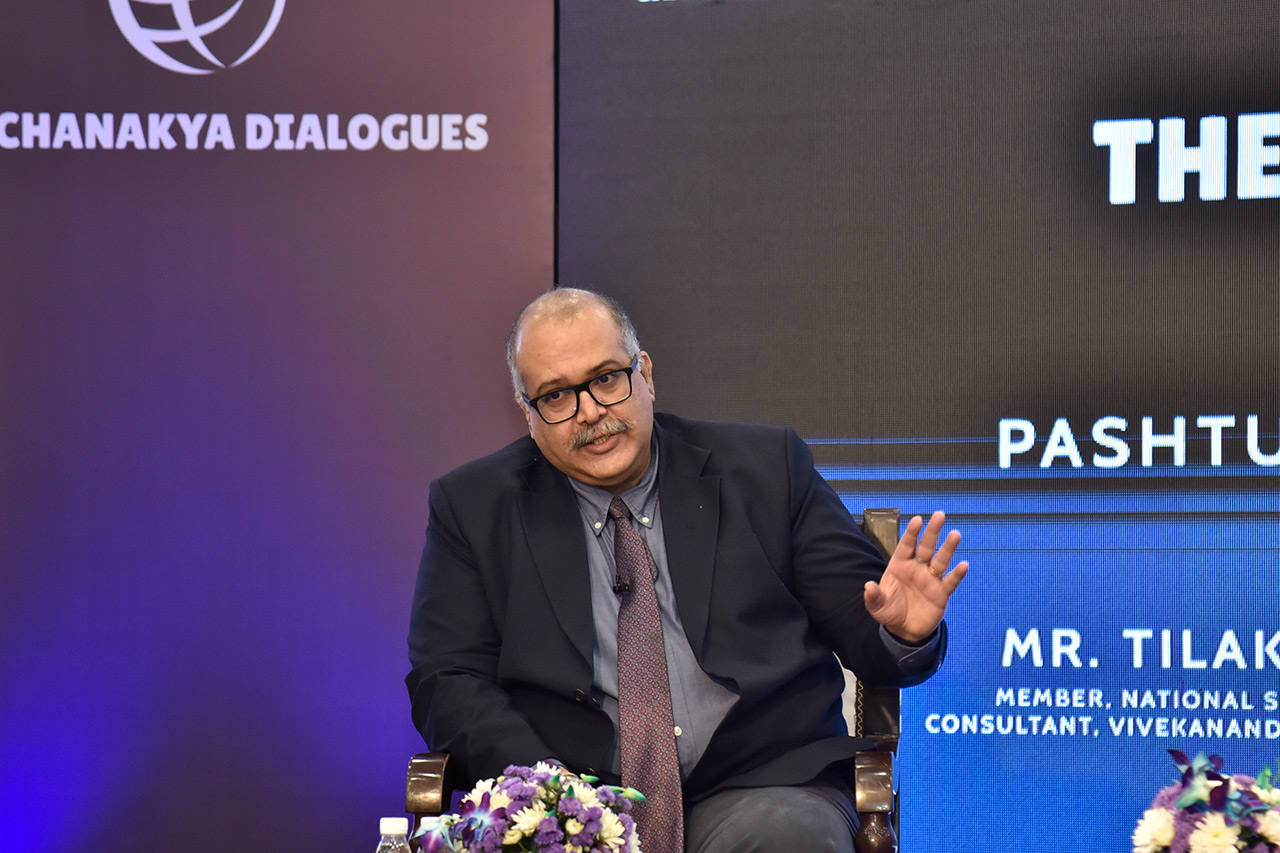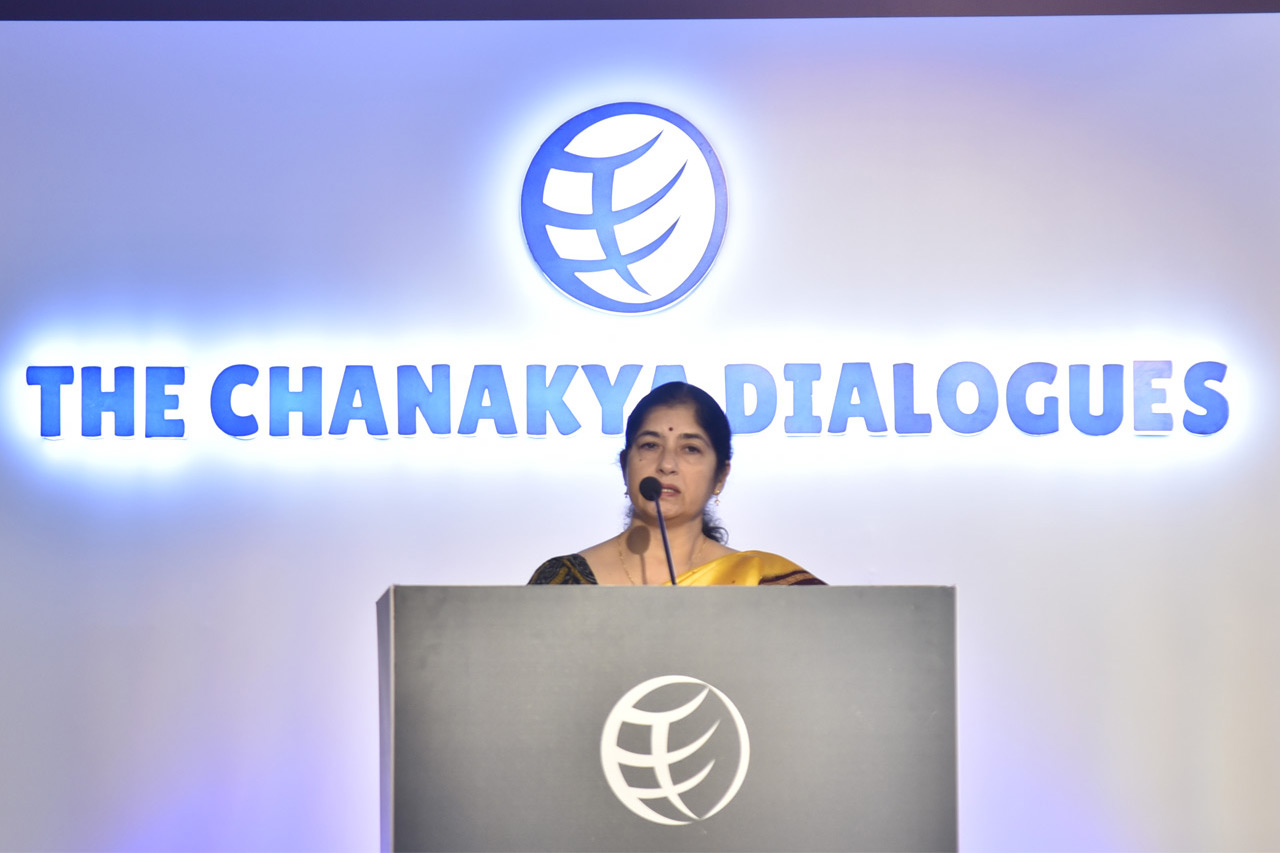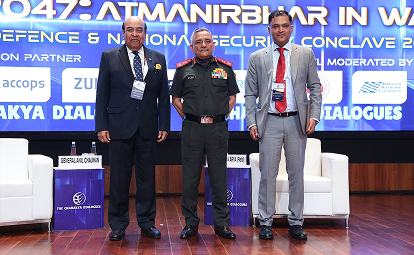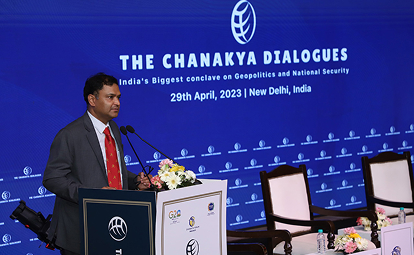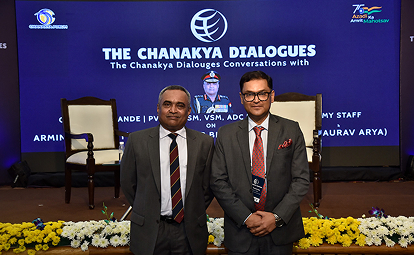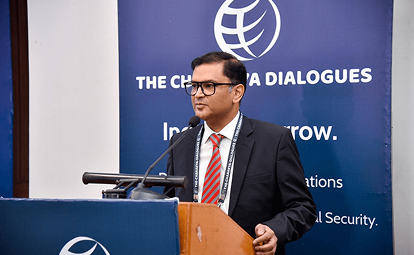Most Watched
View More...
Editor's Choice
View More...
Archives
Role Of Indian Defence Forces During Freedom...
8 min read
Japan’s Military Resurgence – An Opportunity...
6 min read
Artificial Intelligence In Military Systems:...
5 min read
Security Of Indo Pacific Region: Expanding Ro...
7 min read
Financial Sanctions – Hastening The US Econom...
8 min read
5G POISED TO USHER IN A PARADIGM SHIFT IN MIL...
6 min read
ABOUT TIME INDIAN SECURITY FORCES EMPLOYED FO...
6 min read
THE LIGHT ON THE OTHER SIDE OF THE DISENGAGEM...
5 min read
WHAT TRUMP’S MAGA PROJECT MIGHT MEAN – FOR US...
6 min read
INDIA-CHINA RELATIONS: THE NEW MODUS VIVENDI
5 min read
















